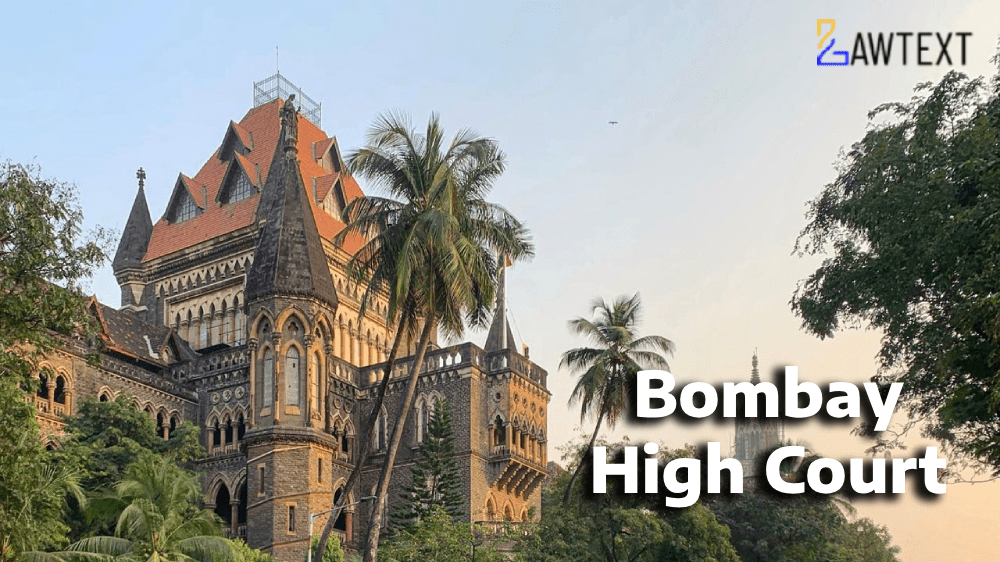Court Orders Bank to Refund Rs. 76.9 Lakhs in Unauthorized Transaction Case. Judgment Reinforces Zero Liability for Customers Reporting Unauthorized Transactions Promptly

CASE NOTE & SUMMARY
In a case involving unauthorized electronic banking transactions, the court ruled that the bank (Respondent No. 2) must refund Rs. 76,90,017/- to Pharma Search Ayurveda Private Limited (Petitioners) as per the Reserve Bank of India Circular dated 6th July 2017. The court found that the bank failed to prove customer liability and did not notify the Petitioners of the unauthorized transactions. Consequently, the decision of Respondent No. 1, which had rejected the Petitioners' complaint, was quashed. The bank was also ordered to pay 6% interest on the refunded amount from the date of the unauthorized transactions until payment and to cover costs of Rs. 50,000/-.
1. Introduction
Respondent No. 2 has a policy addressing unauthorized electronic banking transactions, stating customer liability based on the reporting time frame.
2. Customer Liability Policy
- Scenario 3: Third Party Breach
- Customer liability is determined by how quickly the unauthorized transaction is reported.
- Zero liability if reported within 3 working days.
- Limited liability if reported within 4-7 working days.
- Full liability if reported after 7 working days.
3. RBI Circular and Bank Policy
- Both documents state zero liability for customers reporting unauthorized transactions within the specified period.
- The burden of proving customer liability lies with the bank.
- Petitioners reported the transactions within the acceptable time, indicating zero liability.
4. Cyber Cell Reports
- Unauthorized transactions occurred without notifying the Petitioners.
- No evidence from Respondent No. 2 to hold Petitioners liable.
- Cyber Cell Reports support that the transactions were unauthorized and unnotified.
5. Quashing Order by Respondent No. 1
- Respondent No. 1’s order failed to properly investigate the authorization of transactions.
- Respondent No. 1 did not consider the lack of intimation to the Petitioners about the transactions.
6. Court Orders
- Order dated 10th January 2023 is quashed.
- Respondent No. 2 must refund Rs. 76,90,017/- to the Petitioners within six weeks with 6% interest from 2nd October 2022 until payment.
- Costs of Rs. 50,000/- are awarded to the Petitioners, payable by Respondent No. 2.
7. Conclusion
The court rules in favor of the Petitioners, reinforcing customer rights in cases of unauthorized transactions due to third-party breaches.
ISSUE OF CONSIDERATION
Jaiprakash Kulkarni Ors. Versus The Banking Ombudsman Ors.
Citation: 2024 Lawtext (BOM) (6) 136
Case Number: WRIT PETITION NO.1150 OF 2023
Date of Decision: 2024-06-13
Case Title: Jaiprakash Kulkarni Ors. Versus The Banking Ombudsman Ors.
Before Judge: G. S. KULKARNI FIRDOSH P. POONIWALLA, J. J.
Advocate(s): Mr. Siddhesh Bhole a/w. Yakshay Chheda, Ms. Anushree Koparkar i/b. SSB Legal & Advisory for the Petitioners. Ms. Aditi Pathak a/w. Parag Sharma, Mr. Vijay Salokhe, Ms. Kirti Ojha. Ms. Megha More i/b. BLAC & Co. for Respondent Nos.1 and 3. Ms. Anvita Ail a/w. Mr. Naresh H. Manghnani for Respondent No.2. Mr. Mohit Jadhav, Addl. G. P. for the State.
Appellant: Jaiprakash Kulkarni Ors.
Respondent: The Banking Ombudsman Ors.

